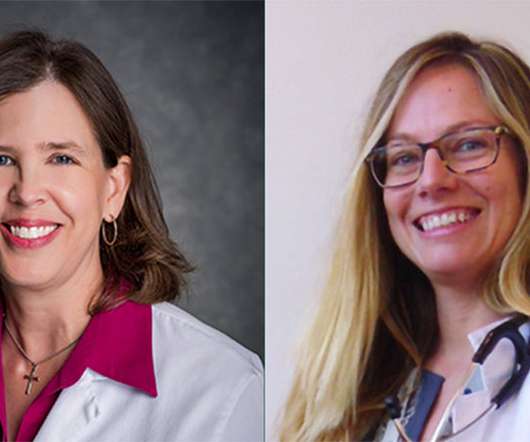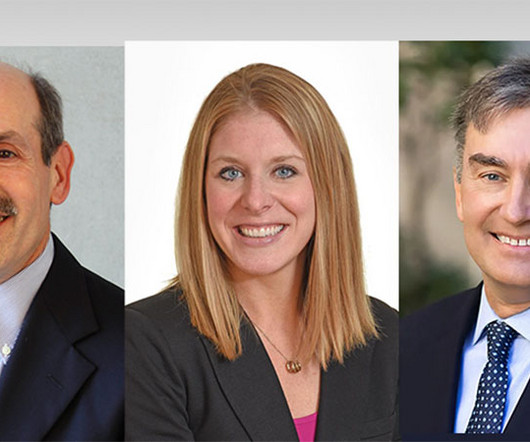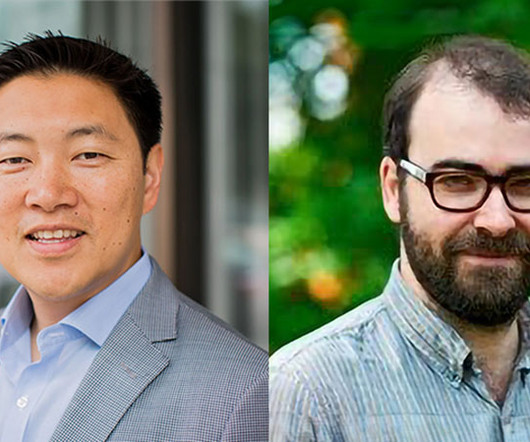GeriPal Special: Hopes and Worries for Hospice and Palliative Care
GeriPal
APRIL 27, 2023
Attendee 3: PCHETA, the Palliative Care Hospice and Education Training Act, of course. Attendee 9: Early integration of palliative care in medical education. Attendee 11: I am hopeful that the model of care that we deliver is what our patients and their caregivers want, need and deserve. Eric: What is PCHETA? Eric: Tell me more.












Let's personalize your content